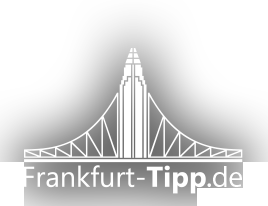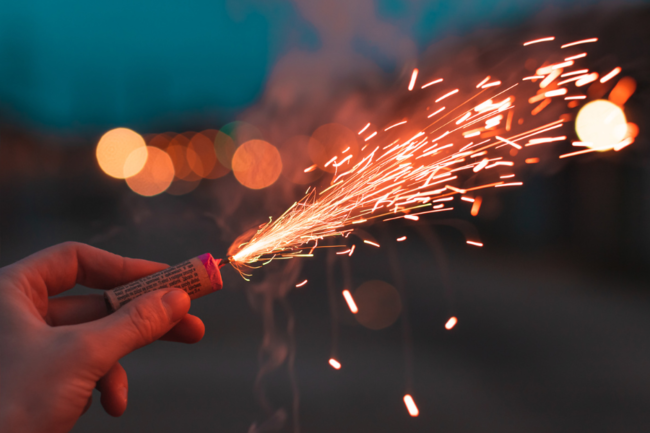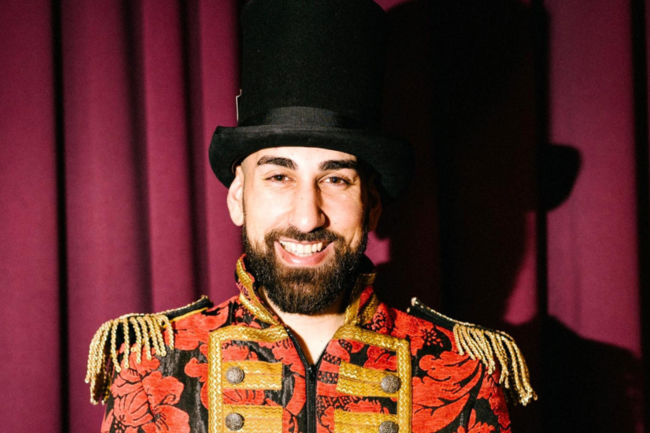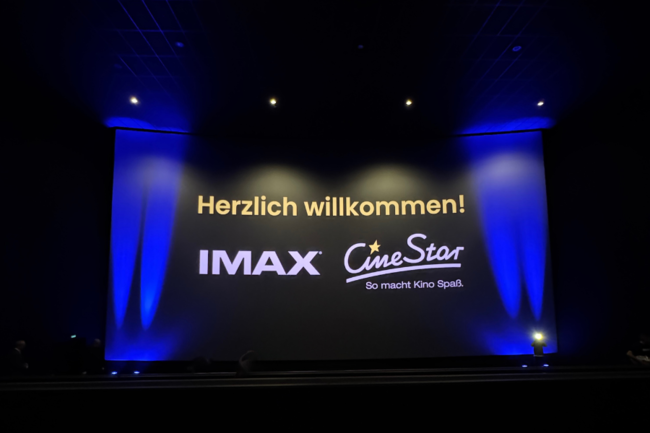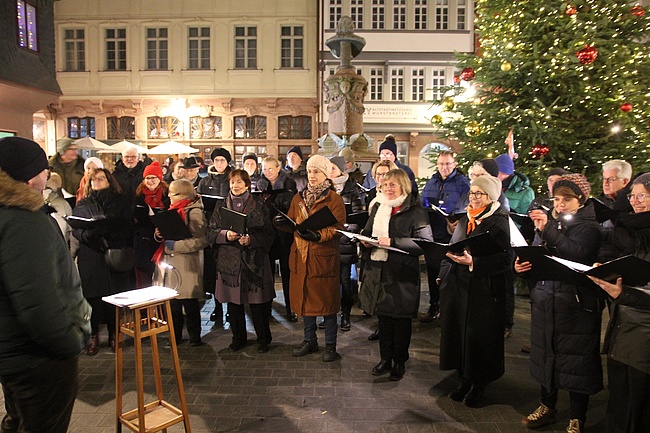With rising infection rates, an apparently deadlier mutant and an extended lockdown, there seems to be no real prospect of openings for many industries in the long term. The city of Frankfurt, like numerous other cities and municipalities, now wants to change that and wants to apply as a model region of the state of Hesse - tailored to the cultural and event industry. The gastronomy sector is also to be involved. This was decided by the city's administrative staff on Thursday, March 25. Despite high incidence values, perspectives and, above all, alternatives to the lockdown are to be created.
"These economic sectors have been severely disadvantaged up to now," said Lord Mayor Feldmann and continued: "In addition, culture and events are essential for us people, we urgently need to offer perspectives here. Frankfurt is ideal for such a project - because it is not only home to nationally important cultural and event institutions, but also to the necessary expert scientific personnel."
It is clear to all those responsible that the creation of perspectives must not come at the expense of health protection. Thus, for Head of Health Stefan Majer it is clear that at the same time everything must be done to reduce the steadily rising incidence figures again: "That is why we favour a model project in which health protection is in the foreground - with scientific support and with the expertise from the city's health department," says Majer. "The health of the visitors is our top priority. But we want to gain insights into how we can shape hygiene requirements in the future to get prospects for culture and the local economy with well-considered openings."
This is how the model project could look
.A model project is planned under the leadership of the health department and with scientific support in selected cultural, event and gastronomic establishments in a limited area of the Frankfurt city area. Culture and events could take place there again - with the usual hygiene standards currently in force, with negative rapid tests on entry and digital contact tracing. Visitors to events who test negative receive a certificate via QR code that is valid for one day. Event organisers check compliance with hygiene standards and test results and register visitors via app.
Economic Affairs Director Markus Frank is pleased about the opportunity for the affected as well as economically struggling businesses to be able to provide scientifically based proof of safe venues: "The local hospitality industry has imposed high quality standards on itself. Organized spaces create safety and prospects for higher infection control. What is necessary for survival is the holistic view for tourism, hotels and restaurants, both in terms of profitability and professional qualification, also for pandemic special situations."
Culture department head Ina Hartwig also welcomes the initiative: "More urgently than ever, Frankfurt's cultural sector needs an opening perspective. Already in the past, our municipal museums as well as many other cultural institutions have proven with their professional hygiene concepts that they can meet all standards and thus ensure responsible operation. Digital tools that support us in this are highly welcome. The planned scientific monitoring will enable us to expand our knowledge of the contagion situation on site. I assume that existing studies, which assume a low risk of infection in cultural institutions with existing hygiene concepts, can be confirmed."
The city also hopes that the model project will have a signal effect for other cities and other economic sectors, as well as a further opening under the given conditions. The scientific monitoring should indeed provide indications of how the transmission risk can be reduced overall.
The city of Frankfurt would like to apply with this strategy as one of three model regions of the state of Hesse. First talks on the state level have already taken place. We will of course keep you informed.






